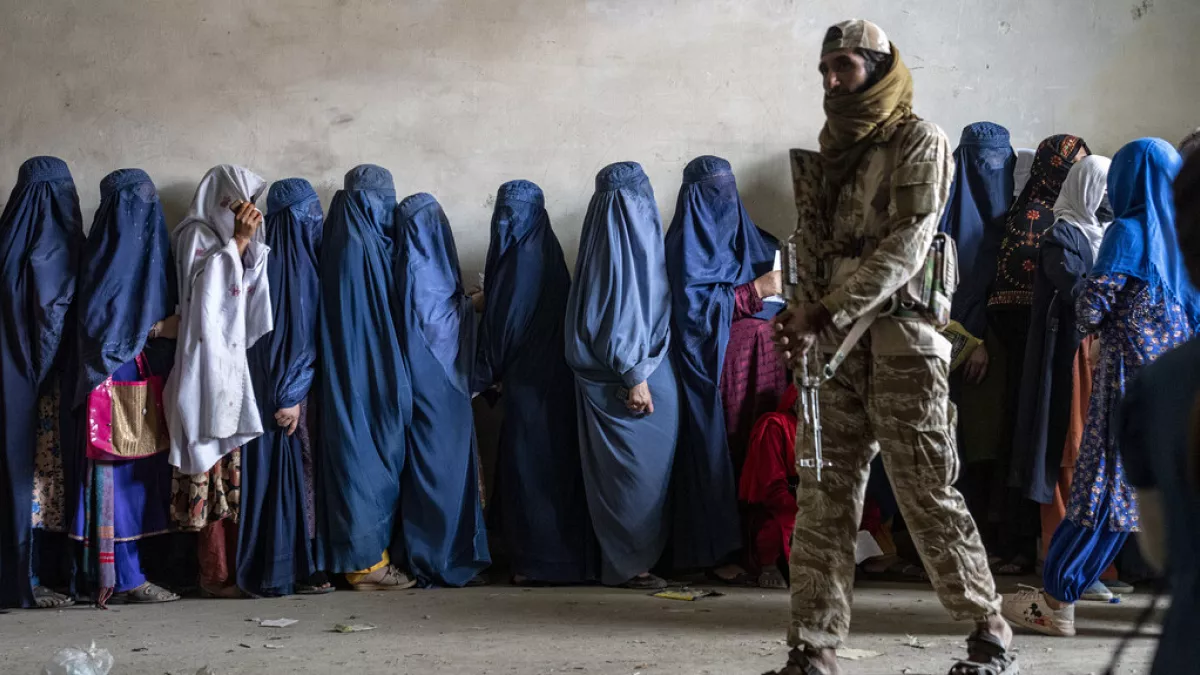In a move sparking global concern, Afghanistan’s Supreme Leader has banned women from studying Medical Education likes midwifery and nursing. Dr. Najm-ul-Sama Shifajo, head of a private hospital in Kabul, predicts a surge in maternal mortality rates over the next three to four years due to this decision.
The Stark Reality
According to AFP, Afghanistan already ranks among the worst globally for maternal mortality. Dr. Shifajo warned, “People will likely prefer home births, but what about complications? What if surgery is needed? Many procedures cannot be performed at home.”
Informal Training Amid Bans
Since the Taliban banned women from universities two years ago, Dr. Shifajo has been informally training women in Medical Education fields of midwifery and nursing. Despite numerous volunteers, she lacks the capacity to train everyone effectively. She emphasized, “Medical Education fields Midwifery and nursing are like the two arms of doctors. Without them, it’s like a bird trying to fly without wings.”
Dire Shortages of Healthcare Workers
UNICEF reports a severe shortage of trained healthcare workers in Afghanistan, especially women. Sources from the Ministry of Health and training institutions revealed they were instructed to stop allowing women to attend classes earlier this month.
Far-reaching Consequences
This restriction on medical training is the latest in the Taliban’s crackdown on women’s education since their return to power in 2021. The United Nations has denounced these actions as “gender apartheid.”
UNICEF Executive Director Catherine Russell highlighted, “In a country where women and children rely heavily on female healthcare providers due to cultural norms, cutting off the future pipeline of such professionals will put countless lives at risk.”
Impact on Women’s Health
Previously, women in Afghanistan gained skills in midwifery, nursing, laboratory work, pharmacy, and dentistry. The new restrictions affect 35,000 women currently enrolled in medical training programs, according to sources in Afghanistan’s Ministry of Health.
Achille Després of the International Red Cross expressed concern about the impact on Afghanistan’s fragile healthcare system. Médecins Sans Frontières (Doctors Without Borders), which runs some of Afghanistan’s busiest maternity hospitals, also warned of the dire consequences.
MSF representative Michaël Le Pai stated, “A healthcare system cannot function effectively without educated female practitioners. Afghanistan and MSF are already struggling with a shortage of maternity specialists in a country with high birth rates, where many women marry young and begin having children early.”
Call to Action
The international community must urgently address this issue to prevent a looming maternal mortality crisis in Afghanistan. Supporting women’s education in healthcare is not just a matter of gender equality, but a crucial step in saving lives and improving public health.

